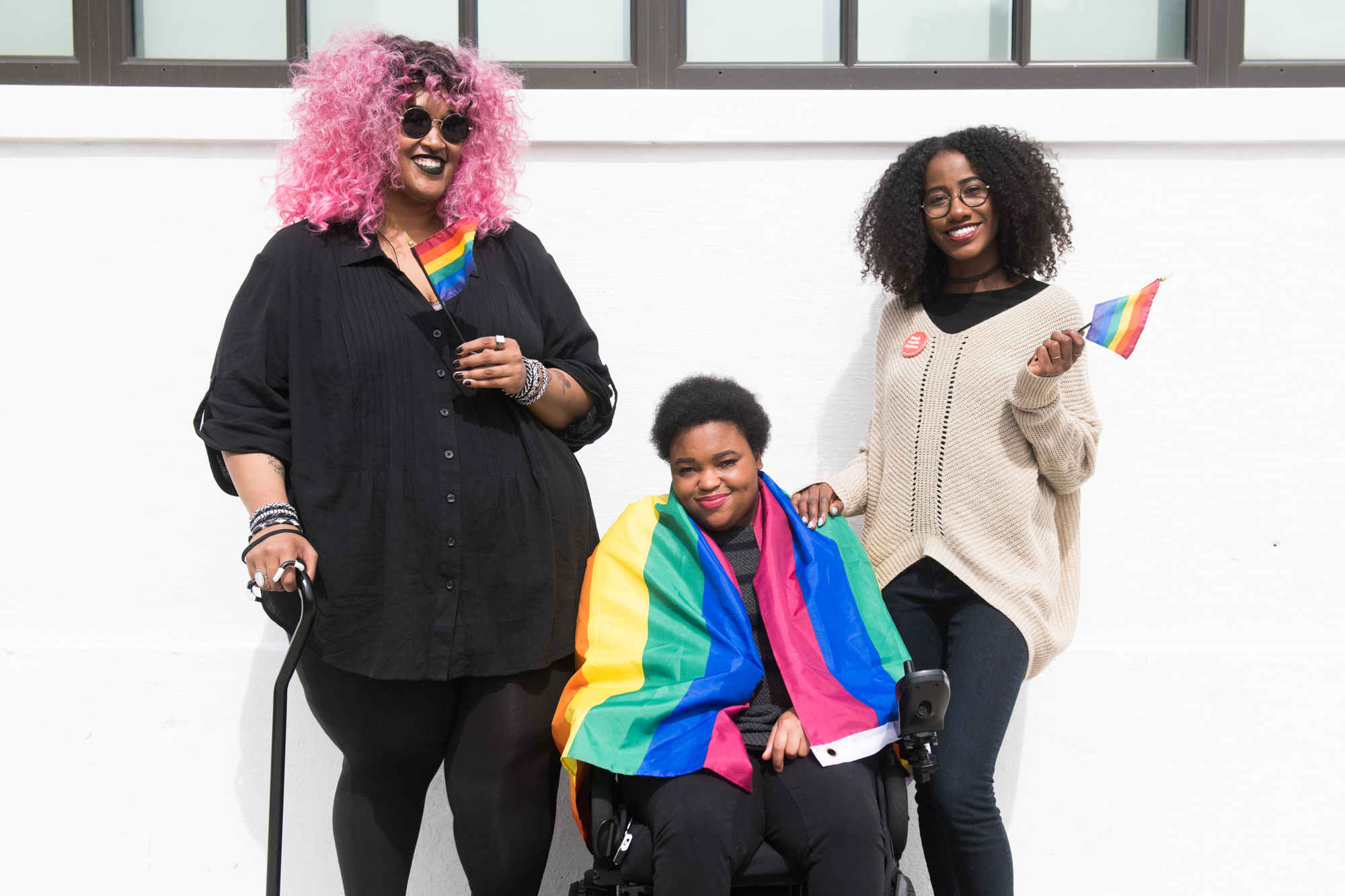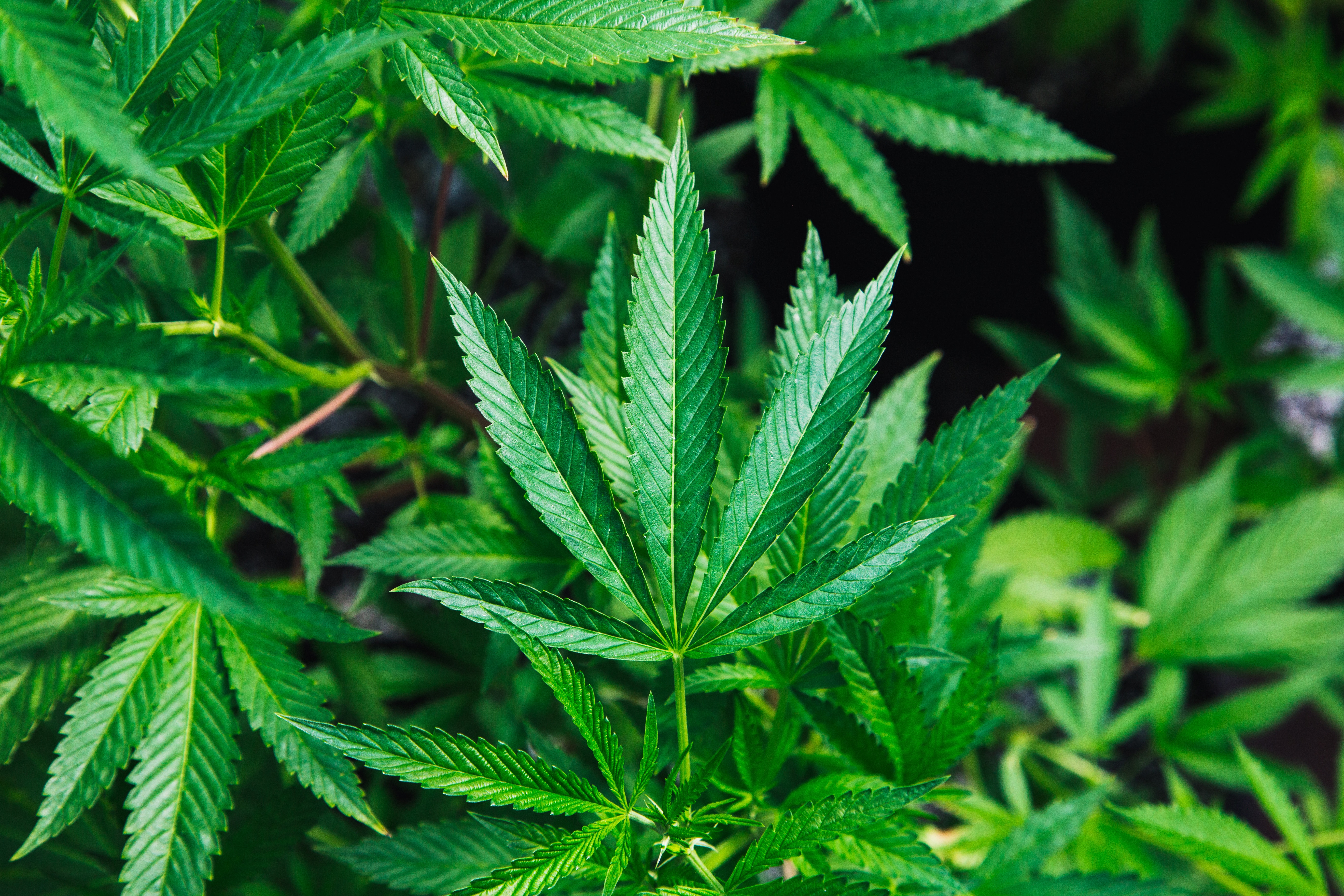My article on the “felony ban” in the law that legalized hemp in the United States was published in issue 7 of Hemp Magazine.
The felony ban in the 2018 Farm Bill perpetuates the racism of the War On Drugs in the new legal hemp industry. Under the law, many people with drug felonies are banned from being a producer in the hemp industry. At least one state even bans people with drug misdemeanors.




